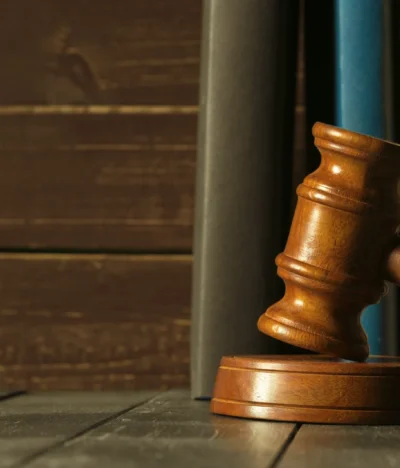In this blog we look at the benefits of mediation, the mediation process, its cost-effectiveness, and how it can encourage more positive communication and cooperation during difficult times.
Mediation is the process by which families can negotiate, via a neutral third party, on future arrangements for separating couples and their children. The mediator does not instruct parties on what to do but can help them to reach their own agreements more amicably, encouraging positive communication between them. Mediation is recommended when couples find it difficult to agree on making suitable arrangements for themselves or for their children after a family breakdown.
What are the Benefits of Mediation?
No matter how amicable a separation may appear, it is one of the most stressful and emotional
experiences a person can go through. Issues that have never raised before can rear their ugly heads such as who stays in the family home, any possible sale of property, savings/pensions division, spousal support and arrangements for any children. These are rarely easy to agree on first time around and an experienced family law mediator can help make the process less highly charged and/or complicated.
Successful mediation can help resolve issues without the need to involve the family courts. Mediation is more emotionally supportive which makes parties feel less under attack than if they were in the family court system. It encourages calmer and more productive communication.
Mediation is confidential and any discussions or proposals made are completely private. This allows parties to open dialogue in a safe space. This means that parties can discuss their issues and concerns and explore possible proposals for settlement together without worrying that they will be held to any of those proposals until their agreement has been made binding. Full financial disclosure is required during negotiations and once these are shared and formalised in mediation they are no longer confidential and can be referred to in the process of any proceedings that may occur if the mediation breaks down and court action is required.
Mediation is voluntary but it takes both parties to agree to be part of the process, however, it can only take one party to end it. By voluntarily staying in the mediation process means that each party can work together to reach an amicable solution. It encourages cooperation and this collaborative process can be especially beneficial for couples with children, which can later offer stability for their children and better co-parenting relationships.
What is the Mediation Process?
- The first stage of the process is orientation; the mediator explains the process, highlights the roles of everyone involved and discusses the issues which need to be resolved.
- The second stage is either information exchange, where the couple share facts and any documentation regarding financial issues or to discuss arrangements for children; whichever is more pressing.
- Stage three is where the couple share proposals and negotiate an agreement, guided by the mediator.
- The final stage is where the mediator prepares a summary of the agreed proposals which then goes to each parties’ solicitors to draft the agreement, putting it into the form of a Court Order. This is where the financial disclosure is no longer confidential.
A cost-effective way forward
Divorce is known to be a financially draining process; court proceedings, legal, expert and court fees can mean that costs of a traditional divorce can escalate rapidly. Mediation is a far more cost-effective way to resolve issues and reach an agreement. It can often be a quicker way to find a solution as a limited number of sessions are available. Costs are shared between both parties and is far less expensive than dealing with the family courts.
The disadvantages of mediation
Mediation does not come without its disadvantages as well, therefore depending on your circumstances, you would need to consider:
- It is not legally binding
- Without a court-imposed timetable negotiations could take a long time resulting in costly mediation fees; perhaps just as much as court fees
- Even after starting the mediation process, either party can walk away at any stage, requiring court intervention as a result
Always seek professional advice
Here at Arlingsworth Solicitors, we understand the complexities and legal requirements around separation, divorce and child arrangements. We are here to offer professional support 24/7 and provide you with the very best legal advice and representation.
If you, or someone you know, needs assistance, please contact our Brighton office on: +44 (0) 1273 696962 or our London office on: +44 (0) 203 358 0058. Alternatively, request a callback, or email info@arlingsworth.com. You can also follow us on social media for any other important news and updates.
The information in this blog is intended for general information only. It is up-to-date at the time of writing. However, it does not constitute legal advice and should not be treated or relied upon as such. It is provided without any representations or warranties, express or implied.







